
Ecocritical Theory and Practice
Series Editor: Douglas A. Vakoch, California
Institute of Integral Studies, USA
Advisory Board
Bruce Allen, Seisen University, Japan; Hannes Bergthaller, National Chung-Hsing University, Taiwan; Zlia Bora, Federal University of Paraba, Brazil; Izabel Brando, Federal University of Alagoas, Brazil; Byron Caminero-Santangelo, University of Kansas, USA; Simo Farias Almeida, Federal University of Roraima, Brazil; George Handley, Brigham Young University, USA; Isabel Hoving, Leiden University, The Netherlands; Idom Thomas Inyabri, University of Calabar, Nigeria; Serenella Iovino, University of Turin, Italy; Daniela Kato, Kyoto Institute of Technology, Japan; Petr Kopeck, University of Ostrava, Czech Republic; Serpil Oppermann, Hacettepe University, Turkey; Christian Schmitt-Kilb, University of Rostock, Germany; Heike Schwarz, University of Augsburg, Germany; Murali Sivaramakrishnan, Pondicherry University, India; Scott Slovic, University of Idaho, USA; J. Etienne Terblanche, North-West University, South Africa; Julia Tofantuk, Tallinn University, Estonia; Cheng Xiangzhan, Shandong University, China; Hubert Zapf, University of Augsburg, Germany
Ecocritical Theory and Practice highlights innovative scholarship at the interface of literary/cultural studies and the environment, seeking to foster an ongoing dialogue between academics and environmental activists.
Recent Titles
Water in Medieval Literature: An Ecocritical Reading by Albrecht Classen
Sustainability and the City: Urban Poetics and Politics edited by Lauren Curtright and Doris Bremm
Ecocultural Ethics: Critical Essays edited by Rayson K. Alex, S. Susan Deborah, Reena Cheruvalath, and Gyan Prakash
Critical Ecofeminism by Greta Gaard
Writing the Earth, Darkly: Globalization, Ecocriticism, and Desire by Isabel Hoving
Ecological Entanglements in the Anthropocene edited by Nicholas Holm and Sy Taffel
Ecocriticism, Ecology, and the Cultures of Antiquity edited by Christopher Schliephake
Ecotheology and Nonhuman Ethics in Society: A Community of Compassion edited by Melissa Brotton
The Ethics and Rhetoric of Invasion Ecology edited by James Stanescu and Kevin Cummings
Published by Lexington Books
An imprint of The Rowman & Littlefield Publishing Group, Inc.
4501 Forbes Boulevard, Suite 200, Lanham, Maryland 20706
www.rowman.com
Unit A, Whitacre Mews, 26-34 Stannary Street, London SE11 4AB
Copyright 2018 by Lexington Books
All rights reserved. No part of this book may be reproduced in any form or by any electronic or mechanical means, including information storage and retrieval systems, without written permission from the publisher, except by a reviewer who may quote passages in a review.
British Library Cataloguing in Publication Information Available
Library of Congress Cataloging-in-Publication Data
Library of Congress Control Number: 2017945438
ISBN 978-1-4985-3984-5 (cloth: alk. paper)
ISBN 978-1-4985-3985-2 (electronic)
 The paper used in this publication meets the minimum requirements of American National Standard for Information SciencesPermanence of Paper for Printed Library Materials, ANSI/NISO Z39.48-1992.
The paper used in this publication meets the minimum requirements of American National Standard for Information SciencesPermanence of Paper for Printed Library Materials, ANSI/NISO Z39.48-1992.
Printed in the United States of America
Contents
Recent years have experienced a growing interest in ecocritical approaches also in Medieval Studies, offering innovative perspectives on literature, the visual arts, historical documents, the history of medicine, etc.,
Hydrologists, environmental experts, geologists, but then also historians, art historians, and literary scholars are today suddenly hard at work to explore the huge importance of water for all human life in many different situations and under different conditions.types of liquids, such as blood and tears, and how they approached water and have their protagonist utilize it for hygienic, medical, and transportation, but then also, essentially, for symbolic purposes.
An alternative term recently developed describing the new research approach is humanistic environmental studies, which endeavor to draw inspiration and energy from the history of literature, philosophy, religion, and the arts in order to confront deeply concerning environmental issues today. In Lawrence Buells words, For technological breakthroughs, legislative reforms, and paper covenants about environmental welfare to take effect, or even to be generated in the first place, requires a climate of transformed environmental values, perception, and will. To that end the power of story, image, and artistic performance and the resources of aesthetics, ethics, and cultural theory are crucial.
As Karen Thornber now underscores, Ideally, humanistic environmental studies not only draws on the expertise of individual humanists, social scientists, and others engaged in interdisciplinary work across world areas but also brings together scholars from across the humanities, social sciences, and related fieldsfrom anthropology, architecture, art history, economics, ethics, history, history of science/medicine, literature, philosophy, psychology, religion, sociology, urban planning, and adjacent fields. This issue can and must also be addressed by incorporating past perspectives, such as from the Middle Ages, as I will elaborate further below.
Indeed, the challenges that we face as a global community today and in the future, with us living in the Anthropocene, can no longer be approached by narrowly defined scholarly or scientific disciplines, as the contributors to the new Handbook of Ecocriticism and Cultural Ecology (2016) confirm convincingly. In order to handle the problems arising in the world of today we must apply interdisciplinary methods more than ever before, which pursue both a horizontal (present) and a vertical (past) direction. Thornber further notes, to which we can fully subscribe both critically and subjectively,
Cultural products often allow societies to envision alternative scenarios and to think imaginatively about implementing changes that enable adaptation,
This also includes, in confirmation of our premise for this book, not only the contemporary, but also the historical vector in our investigations. Past perspectives, observations, concepts, and projections of the interaction between human beings and their natural environment promise to help us today as much as contemporary approaches in studying and exploring our current and future conditions since they represent invaluable experiences formulated in literary terms that can support, improve, transform, or innovate our understanding and handling of the natural world. Cultural products globally have the radical potential to change our ecological futures.
We could go so far as to claim that all human history has been determined in fundamental ways by the interactions between people and nature, whether we think of climate, water, forests, animals and other living creatures, air, mountains, pastures, swamps, rivers, lakes, ponds, etc. Inversely, human existence has always had a deep impact on the natural environment, sometimes in the form of a good collaboration, but, alas, mostly in an abusive, wasteful, and disrespectful way, the consequences of which are more noticeable today than ever before. As Heather I. Sullivan and Bernhard F. Malkmus alert us:

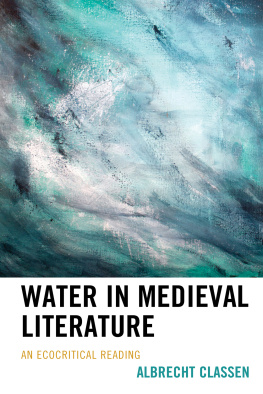
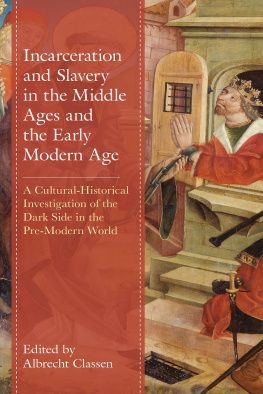
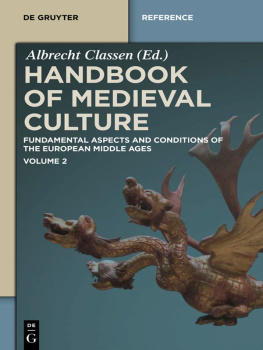
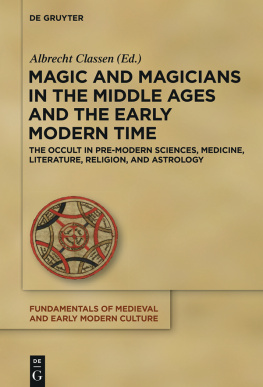
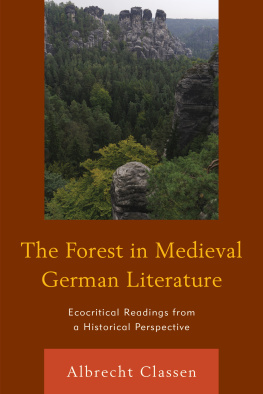

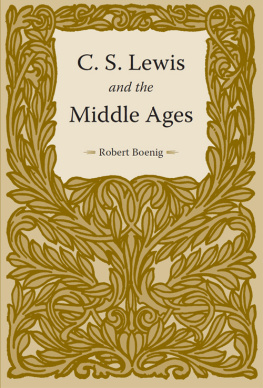
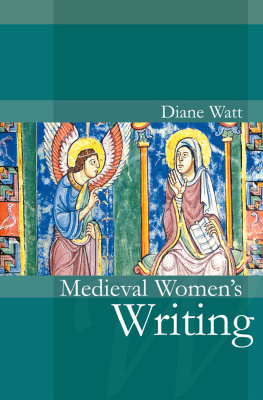
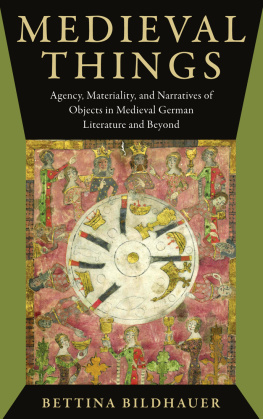
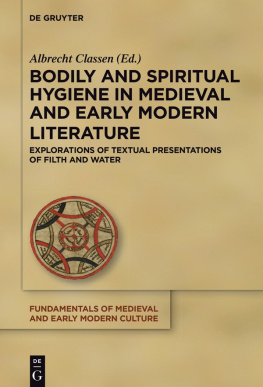
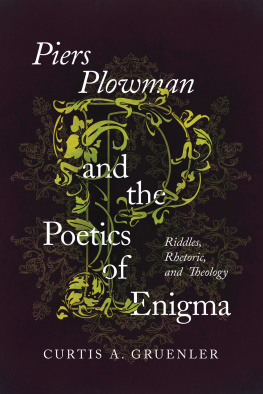
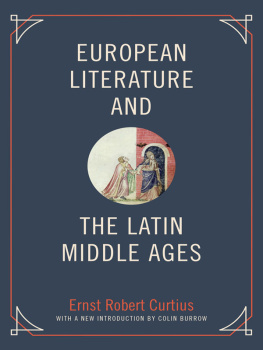


 The paper used in this publication meets the minimum requirements of American National Standard for Information SciencesPermanence of Paper for Printed Library Materials, ANSI/NISO Z39.48-1992.
The paper used in this publication meets the minimum requirements of American National Standard for Information SciencesPermanence of Paper for Printed Library Materials, ANSI/NISO Z39.48-1992.